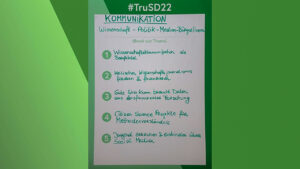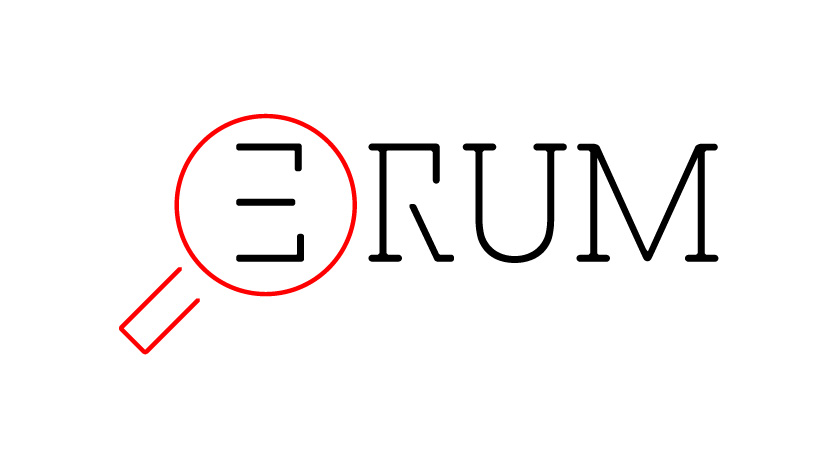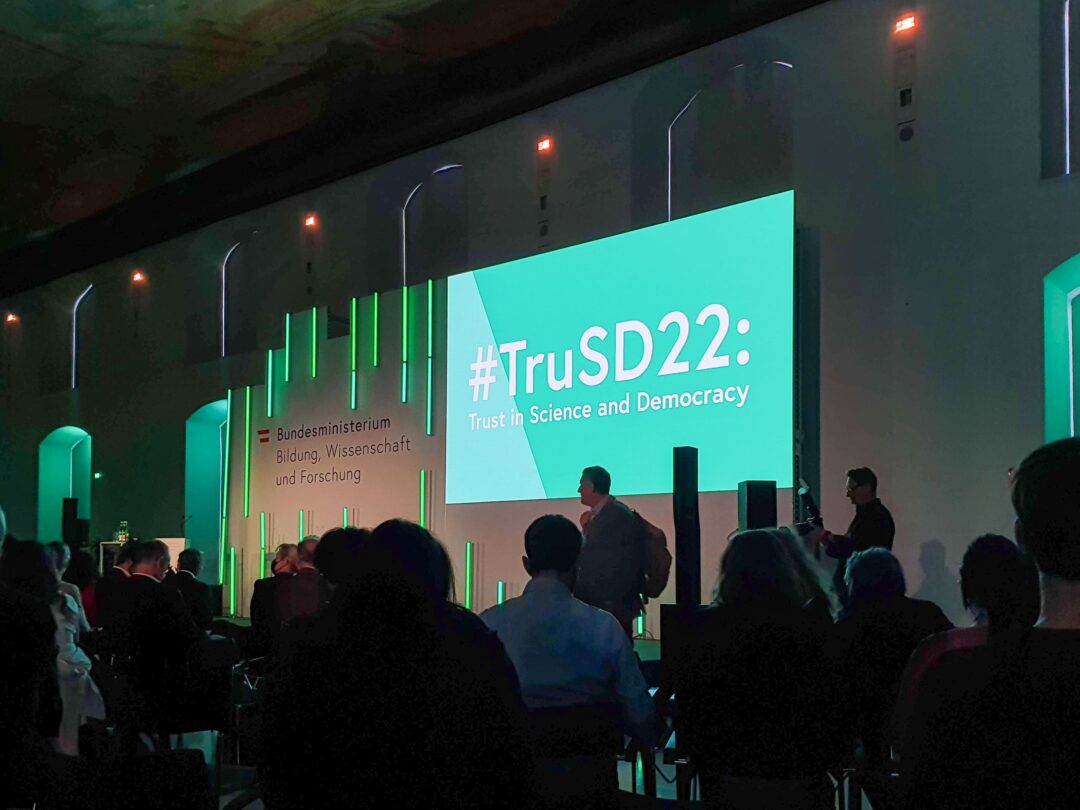In September, the Austrian Ministry for Education, Science and Research hosted the “Trust in Science and Democracy” conference (#TruSD22), an event dedicated to strengthening science communication as well as education for democracy.
“Science is everywhere – science is for everyone”
Based on the outcomes of the Eurobarometer 516 (European citizens’ knowledge and attitudes towards science and technology), Geneticist Christine Marizzi put to discussion how the science community can foster deeper connections with non-scientists. Her suggestions referred to adequate funding for scientific infrastructure, culturally responsive education and science communication, more citizen science as well as the recognition of science journalism and transparency as important tools to emphasise that science is for everyone. Furthermore, Peter Nagele from the University of Chicago stressed the importance of visual information to address the broader population.
Breakouts: Funding for research and journalism, learning scicomm and reviewing adequate channels of communication
Five breakout sessions allowed participants to discuss how broader target groups could be reached, how science, politics and the media could strengthen trust in science and democracy or what is needed to anchor science communication and education for democracy throughout the educational system.

Findings of these breakouts amongst others referred to continuous and strengthened funding of educational and research institutions and high quality (science) journalism, the strengthening of science communication within research institutions – not least within curricula and effective channels of science communication such as social media to reach specific target groups and provide them with trustworthy information.
How can ERUM contribute?
The discussions throughout the day confirmed the findings of the ERUM project and the relevance of our project’s outputs. On the one hand, many of the demands and ideas stated can be found in our policy recommendations, where – amongst others – we have already emphasised
- the need for science communication courses as part and parcel of any scientific curriculum
- the support of scientific staff in strengthening their science communication skills
- the necessity of long-term support of independent journalism
- the relevance of science and media literacy as well as existing frameworks such as the Competences for Democratic Culture for educational institutions.
On the other hand, our guidelines for evidence-based communication as well as our learning modules precisely contribute to the strengthening of curricula and researchers’ skills with regard to science communication and the enhancement of quality information in society as a whole.
With around 400 participants, the #TruSD2022 proved that trust in science and democracy cannot be taken for granted in times of uncertainty and requires concerted efforts. It is to be hoped that this initiative will be continued and further events will follow.

